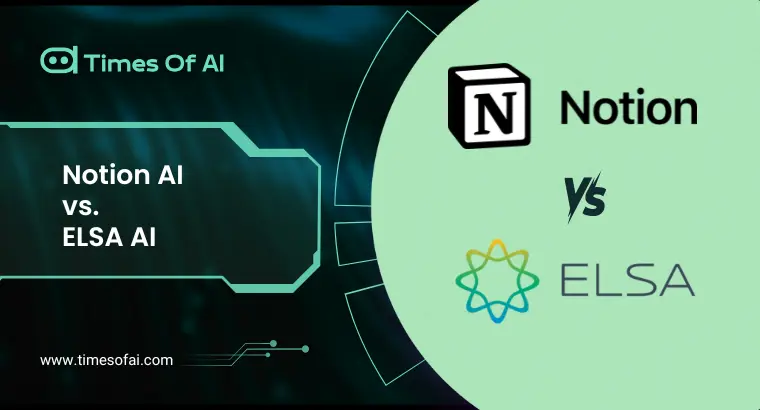
26 November 2024, Stockholm, Sweden-Ericsson’s recent Mobility Report reveals that the Telecommunications industry is undergoing “paradigm changes”, with AI adoption being one of the most important factors enabling the transformation of business models and, subsequently, 5G.
The report forecasts that by 2030 there will be 6.3 billion 5G subscriptions worldwide with 60% of them adopters of 5G Standalone (SA), a technology that expands and enhances the effectiveness of high-performance systems.
AI applies not only to traffic corridors but also to devices and fixed wireless access products – its application creates revolutionary uplink and downlink data requirements.
“The transformation into high-performing programmable networks by virtue of openness and cloud, will enable service providers to make money from delivering value not from delivering records and data volume”,
Said Fredrik Jejdling, Executive Vice President and Head of Business Area Networks at Ericsson.
T-Mobile (USA) and Elisa (Finland) are reported to have used AI tech network slicing and enhanced the level of FWA services offered, and the report recounts the AI-powered networks handled by those firms.
AI is highly important in these implementations; it ensures reliable networks to ‘sell’ based services in real-time, and it has many intelligent features about the core offerings.
Despite the expected growth, some areas require attention. Less than 20% of communications service providers (CSPs) currently provide 5G SA. Outside of China, the world is far behind in mid-band deployment.
However mobile data expansion can rise sharply due to the evolution of AI-enabled solutions, including generative AI applications.
Given that 5G is expected to carry around 80% of total mobile data by 2030, Ericsson’s results justify the strong influence of AI in molding the next stage of global connectivity as well.





